An enabler's guide to sport politics; Vlad's kompromat; Purpose creeps; Does the stink stick; Lawyer's excuses; Learnt helplessness; CVC's NFL of rugby, an Ealing tragedy; StepUP to Job of the Week
The newsletter of the podcast
Word of the Week: Enabler
The enablement supply chain
Infantino, Bach, FIFA, IOC…these are easy targets.
They are the enablers-in-chief.
The public face of organisations that represent important ideas.
Their behaviour and their decisions matter.
So it’s right they are criticised and held to account.
But there’s another layer to this.
Enablement has a supply chain.
And that brings the abstract far closer to home.
The money is in the system. It runs through sport, from top to bottom.
Lawyers, lobbyists, PR firms, financiers, advisers, consultants, publishers, journalists.
It’s very easy to get owned.
There’s a debate going on among lawyers which I'm thinking will head toward the sports industry very soon.
And in tomorrow’s podcast, we talk to Professor Robert Barrington, former head of Transparency International, and Prof. Dan Hough, head of politics at the University of Sussex.
They’ve written a book - out today - that should be required reading for everyone running a sports organisation: Understanding Corruption: how corruption works in practice. UP listeners can get a 30% discount via that link, using the code EMAIL30.
We talk about the role of big City law firms, who are so deeply entwined in this story, about legitimate positions v shallow excuses. Of hiding behind words. And the amorality of business, and what other industries have learnt about building institutions that are resilient to corruption.
Spoiler: The first lesson is recognising you have a problem. In sport and the law, the signs aren’t clear that we’ve reached that point yet.
See also: Let’s not pretend this wasn’t coming.
See also: Jens Weinreich is talking kompromat.
Putin and his oligarchs undoubtedly have knowledge and documents to blow the lid off the Olympic world….The fear in the Olympic family is enormous.
Value creeps
The brand values of a sports organisation are important.
Not because anyone really believes them.
But because they shape the behaviour of the people in high office.
They give permission: You’re not just an organiser of sports events, you’re a leader with a personal agenda for change.
I genuinely believe that this is how we got here.
FFS, don’t mention The Why
FIFA and the IOC define their impact on the world too broadly, their claims on behalf of their sports are almost limitless. There’s no edge to them.
They give Thomas Bach and Gianni Infantino the go ahead to do and say the things they do.
For example, by starting with FIFA’s mission statements, I can see how Infantino felt able to say things like this in public. In front of an actual microphone.
It’s a position that comes from a place of moral purpose.
Leader as maniac
To get to run FIFA, the IOC or other powerful organisations, you have to possess this righteous zeal.
You just don’t get there without it.
The rest of us would just give up, find something else to do rather than put ourselves through the years of tedious chicken dinner speechmaking, shaking hands with the world’s worst cunts.
Btw, this is quite a generous interpretation of why Infantino and Bach act like they do.
It assumes they are more than just another couple of greedy Machiavellis on the take.
Now add money
The privilege of office is intoxicating.
It changes your self image.
Until one day you wake up to find you’re no longer the diligent technocrat you thought you were.
You’re a maverick. A freedom fighter.
Worse still, an entrepreneur.
You start to have ideas, taking meetings with banks and other money lenders.
You’re quietly thrilled when they take you seriously.
Gradually, you start talking like a rich person: ‘The money is just a way to keep score’.
This is the problem with the leadership myth.
Learnt helplessness
The rise of the sports leader as maniac is in itself enabled by the passivity of the rest of us.
On one level it’s a version of the old quote about good men doing nothing.
A populist with a bumper sticker can make the middle look small and unambitious.
The following quote is about “learnt helplessness” in the face of big challenges.
It’s obviously not about sport or FIFA. But it feels relevant.
A generation of centrists have fallen in love with nudges and tweaks. Small ideas. Which makes them easy to bypass.
If sport is to learn from this moment and build back better, we need “centrist radicalism”:
That requires centrist politicians to move out of their incrementalist comfort zone and pursue policies that measure up to the scale of our problems. The challenges include the overhanging burden of past mismanaged economic crises and looming climate change disruption in the future. Populist snake oil from the right or the left will not solve these. Neither will centrist tweaks.
A question for later…does the shit stick?
This is the trap question for CMOs.
Do the values of the sports property transfer to the sponsor?
At a time like this, in comms defence mode, they’ll often say no:
“Our survey said: customers don’t associate our brand with the IOC’s decades of enabling autocracy/Infantino’s Putin bromance”.
The follow up question is, if they don’t associate you in the bad times, why do you think they associate you at all?
Put another way, what’s been the point?
Does the shit stick, pt2
Second question, does it work the other way around?
Does Gazprom rub off on UEFA or Schalke?
If yes, how long does it take to work?
And how long does it take to get the stench off?
Build: Is there a difference between FIFA and the IOC?
From the lens of a big brand, what’s the difference between the Olympics and the World Cup, between IOC and FIFA?
There are two levels to this question.
There are obvious differences from a technical perspective - geographies, demographies, rights minutiae.
But if brands are led by purpose, they are not buying rights, they’re buying values.
What’s the difference, on the values level, between them?
It’s a question I asked Shaun Whatling and Ricardo Fort last week (UP227).
The answer was really interesting.
The door’s closing on the NFL of rugby
Rugby is a petri dish for the relationship between sport and private equity.
But what will this mean, in practice?
What if: CVC wants to turn the Gallagher Premiership in to the NFL of Rugby in five years.
The sell: A closed league, concentration of talent, control of costs, long term investment runway for team owners. CVC use their investment in the Six Nations as leverage to force the game in to a coherent calendar that gives the club brands space to develop and build audiences locally that build off the popularity of the international game, allowing local English clubs to connect to international markets by promoting their big stars via digital rights carve outs from the league’s central media deals.
Have I missed anything?
If the above scenario is close to reality, we move to the implications, some of which are becoming apparent.
Closed leagues are great if you’re inside one
This week, Ealing Trailfinders and Doncaster Knights were refused entry, despite qualifying on the pitch from the Championship (the Premiership was due to expand from 13 to 14 this year).
The RFU’s reasoning came across as all a bit health and safety.
PRL grounds need to have a 10k capacity and both clubs can only get to 5k.
So what?
If Ealing and Doncaster knew the rules, why didn’t they propose a ground share with a local football team, to up capacity?
Or did they know they weren’t going to get in, and so were making a bigger point about CVC’s plans for the club game?
If you extend the What If scenario laid out above, you’d want a geographical spread of clubs in the NFL franchise mode, to give each club some room to grow locally. In that case, Ealing is a no, Doncaster a yes.
See also, big grounds can feel like failure.

Content and Network Growth Director - Voiceworks Sport
The Blurb: Voiceworks Sport are leaders in voice technology and audio solutions for sport across the globe. We own and operate the UK’s largest sport podcast network and we are now seeking a Content and Network Growth Director who will be responsible for recruiting and developing the best sport podcasts on to the network.
Apply here. Tell ‘em UP sent you.





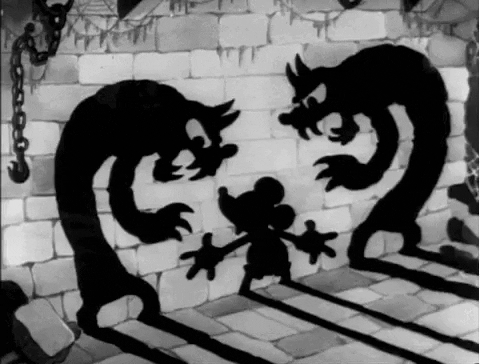
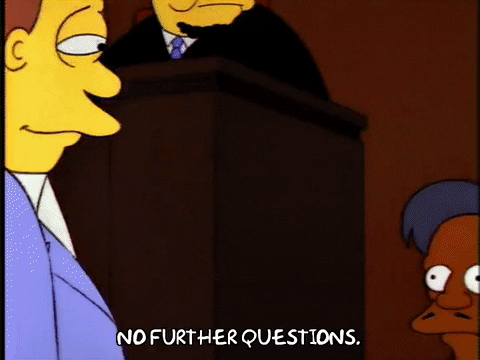
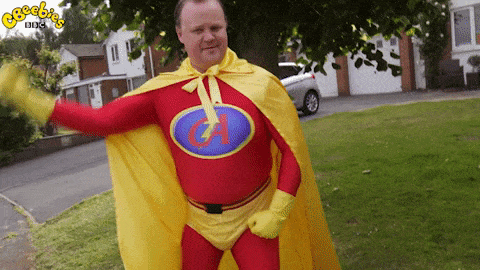
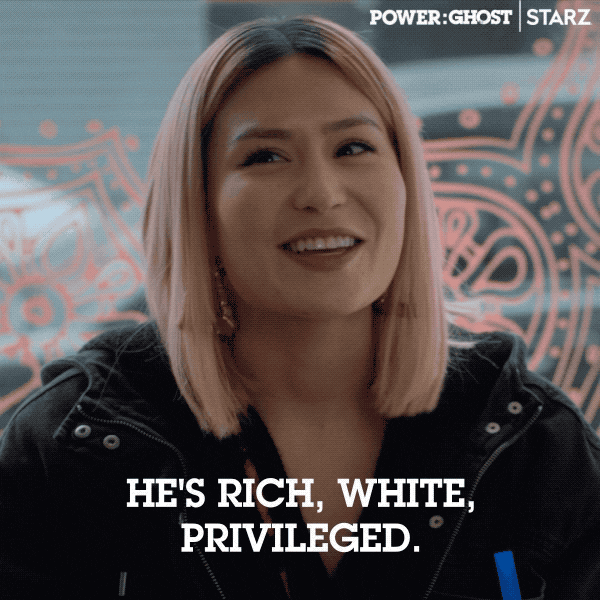

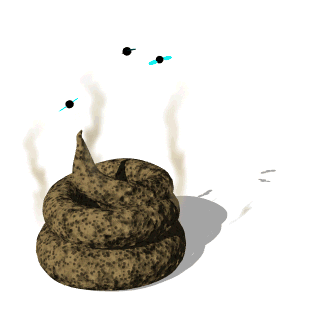


Excellent on leaders. Seen not only in sports and politics.